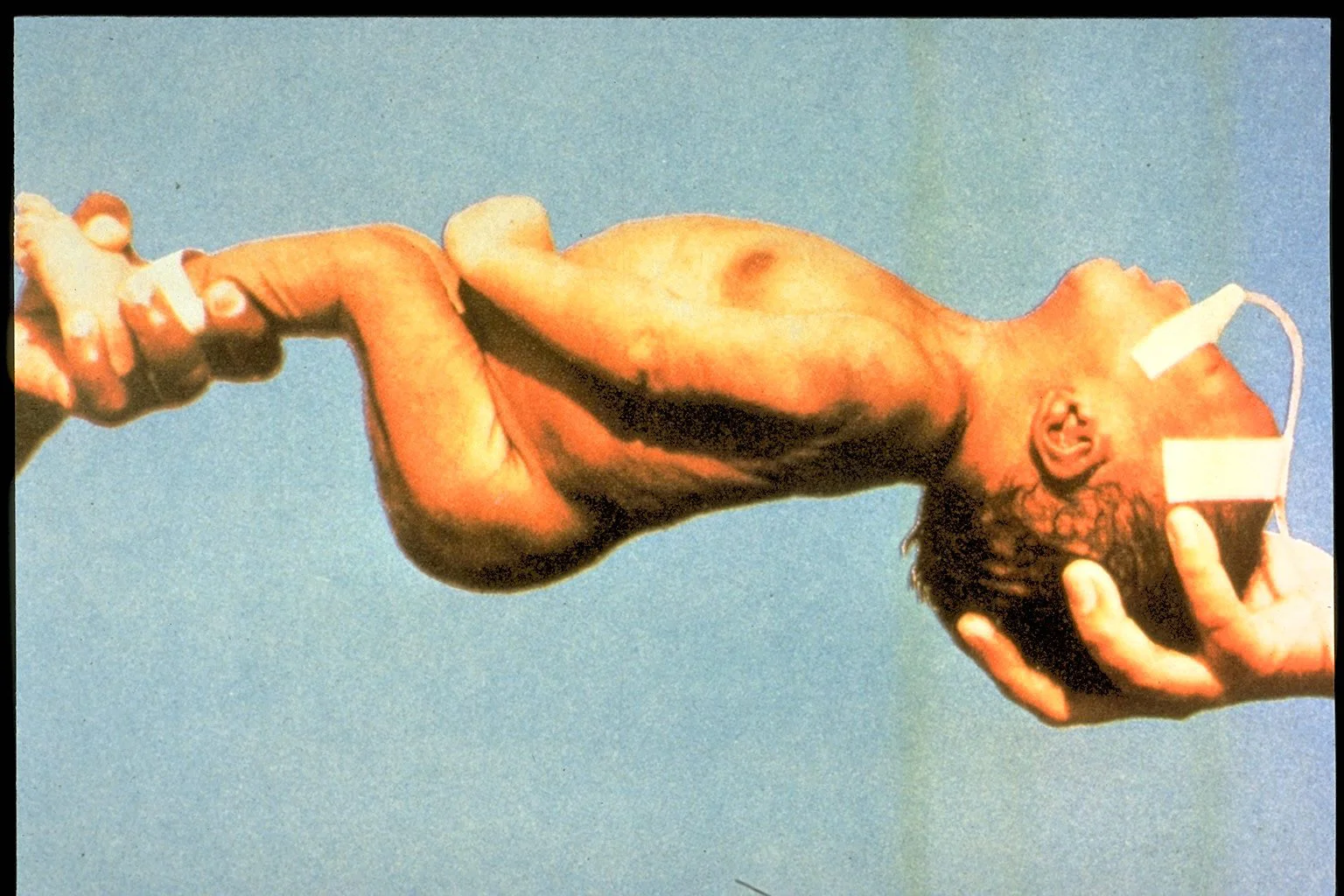What is Neonatal Tetanus?
Neonatal tetanus is a dangerous infection that affects newborn babies. It happens when harmful bacteria enter the baby’s umbilical cord through unclean tools or materials like cow dung used during cutting or care of the cord. The infection usually appears between 3 and 14 days after birth. At first, the baby seems well but then becomes irritable and struggles to feed because of stiff jaw muscles and muscle spasms all over the body.
You can ask your own question to a licensed healthcare provider here for free. It may take up to 7 days to get an answer. If you want a consultation in minutes, book now with Hope+ our premium and best health consultation service in Uganda.
How is Neonatal Tetanus Treated?
If you suspect neonatal tetanus, take the baby to hospital immediately.
- The baby will be cared for in a quiet, dark, and cool place to reduce discomfort.
- Secretions from the mouth will be suctioned regularly to keep airways clear.
- The baby’s hydration and feeding will be carefully managed:
- Initially with fluids given through a drip.
- After 24 hours, feeding will start using a tube to give expressed breast milk in small, frequent amounts.
- The baby’s temperature and breathing will be closely monitored.
- In some cases, the baby may need intensive care support.
Neutralising the Tetanus Toxin
- The baby will receive an injection called tetanus immunoglobulin to neutralise the harmful toxin.
- The first dose of the DPT vaccine will also be given to protect against tetanus and other diseases.
Cleaning and Treating the Umbilical Cord
- The infected cord stump will be cleaned carefully to remove any harmful bacteria.
Antibiotics to Fight Infection
- The first choice of medicine is metronidazole, given in a specific dose depending on the baby’s age.
- If metronidazole is not suitable, benzylpenicillin may be used.
Controlling Muscle Spasms
- Medicines like diazepam are given to help control muscle spasms and make the baby more comfortable.
Other Supportive Medicines
- Sometimes chlorpromazine is given by mouth through a feeding tube to help with symptoms.
How Can Neonatal Tetanus be Prevented?
Proper hygiene and care of the baby’s umbilical cord after birth are very important to prevent infection.
Pregnant women should get vaccinated against tetanus during antenatal care visits.


